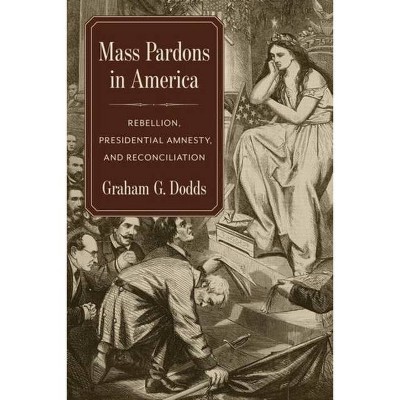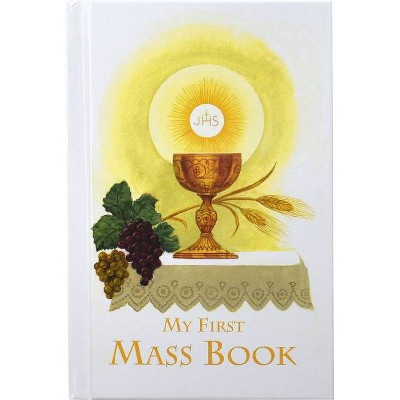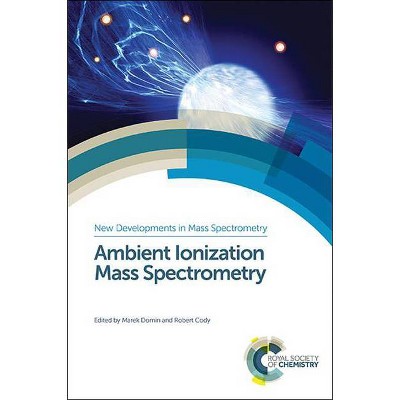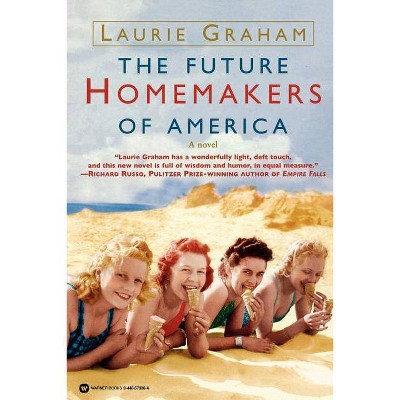Mass Pardons in America - by Graham Dodds (Hardcover)
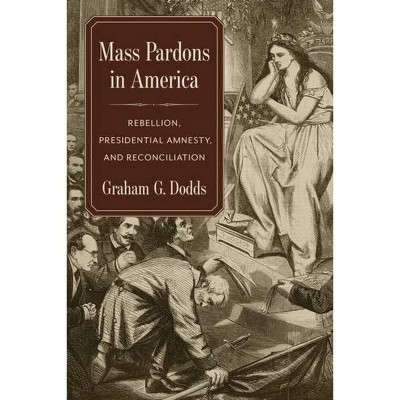
Similar Products
Products of same category from the store
AllProduct info
<p/><br></br><p><b> About the Book </b></p></br></br>This book is the first comprehensive study of how presidential mass pardons have helped put domestic insurrections to rest. Graham G. Dodds examines when and why presidents have issued mass pardons and amnesties to deal with domestic rebellion and attempt to reunite the country.<p/><br></br><p><b> Book Synopsis </b></p></br></br>Again and again in the nation's history, presidents of the United States have faced the dramatic challenge of domestic insurrection and sought ways to reconcile with the rebels afterward. This book is the first comprehensive study of how presidential mass pardons have helped put such conflicts to rest. Graham G. Dodds examines when and why presidents have issued mass pardons and amnesties to deal with domestic rebellion and attempt to reunite the country. He analyzes how presidents have used both deeds and words--proclamations of mass pardons and persuasive rhetoric--in order to foster political reconciliation. <p/>The book features in-depth case studies of the key instances of mass pardons in U.S. history, beginning with George Washington's and John Adams's pardoning participants in armed insurrections in Pennsylvania in the 1790s. In the nineteenth century, James Buchanan, Benjamin Harrison, and Grover Cleveland issued pardons to Mormon insurrectionists and polygamists, and Abraham Lincoln and Andrew Johnson pardoned Confederates both during and after the Civil War. Most recently, Dodds considers Gerald Ford's clemency and Jimmy Carter's amnesty of Vietnam War resisters. <p/>Beyond exploring these events, <i>Mass Pardons in America</i> offers new perspectives on the president's pardon power, unilateral presidential actions, and presidential rhetoric more broadly. Its implications span fields including political history, presidential studies, and legal history.<p/><br></br><p><b> Review Quotes </b></p></br></br><br><i>Mass Pardons in America</i> is a well-researched and important book that sheds new historical light on the politics of the presidential pardon.--Julia Azari, author of <i>Delivering the People's Message: The Changing Politics of the Presidential Mandate</i><br><br>Dodds illuminates key features of several important amnesties, from the early years of America through the tumultuous 1970s. This excellent book is clearly written, fast-paced, and engaging. <i>Mass Pardons in America</i> is essential reading for anyone interested in the presidency, clemency, and rhetoric.--Jeffrey Crouch, author of <i>The Presidential Pardon Power</i><br><br>Dodds' argument about presidential mass pardons, domestic rebellion, and national reconciliation is powerfully provocative. Readers might debate about whether it is better for the nation to remember or forget its past injuries, but all should wrestle with this book's insights about the presidency and national community, now more than ever.--Nicole Mellow, author of <i>The State of Disunion: Regional Sources of Modern American Partisanship</i><br><br>Graham Dodds has done us a great service. In this bitter and divided age, he brings us back to another time, when presidents exercised the awesome constitutional power of mass pardons to achieve peace and unite the country. Forgiveness is much admired but little practiced, and we can only hope that future presidents hear what Dodds has to say.--Joseph Margulies, author of <i>Thanks for Everything (Now Get Out): Can We Restore Neighborhoods Without Destroying Them?</i><br><p/><br></br><p><b> About the Author </b></p></br></br>Graham G. Dodds is professor of political science at Concordia University. He is the author of <i>Take Up Your Pen: Unilateral Presidential Directives in American Politics</i> (2013) and <i>The Unitary Presidency</i> (2019).
Price History
Price Archive shows prices from various stores, lets you see history and find the cheapest. There is no actual sale on the website. For all support, inquiry and suggestion messagescommunication@pricearchive.us
